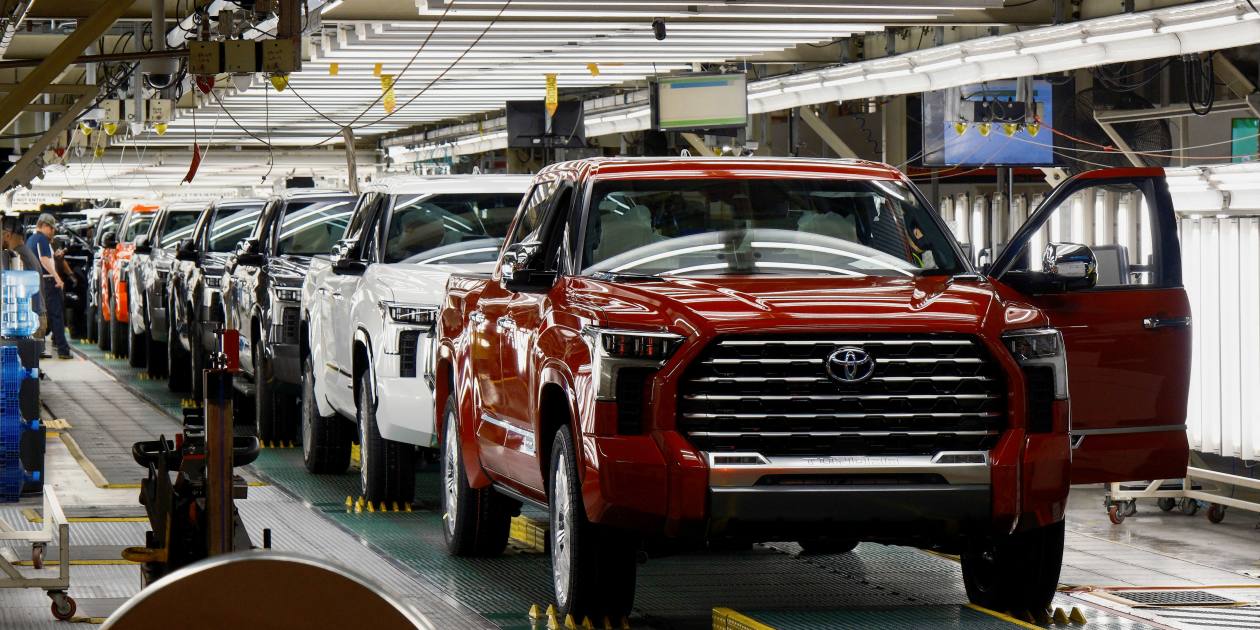HONG KONG — Standard Chartered, one of the largest international banks operating in India, is considering a temporary shift of some back-office work to its other centers in Asia and Europe as the country of over 1.3 billion people grapples with one of the world’s worst coronavirus crises.
The bank, which has support hubs in the southern Indian cities of Chennai and Bangalore, looks to transfer this work to centers in Kuala Lumpur, China’s Tianjin and Warsaw to “rebalance” the workload, CEO Bill Winters said in an investors call.
India has become a new epicenter of the pandemic, with total deaths exceeding 200,000 and new cases hitting a record each day. With over 3 million active cases, the country’s health care system is at a breaking point, and staff shortages are afflicting businesses including global banks, which rely on the back offices for everything from trade settlement to answering customer queries.
India is referred to as the world’s back office, and global banks including UBS Group, Deutsche Bank, JPMorgan Chase, Citigroup and Nomura have tens of thousands of employees each in service centers spread across the country.
While Standard Chartered’s back office employees are working from home, the bank’s branches across the country have remained open. The bank, maintaining a presence in India for over 160 years, has more than 20,000 staffers and 100 branches in 43 cities, offering banking and wealth management services.
“We have material case counts amongst our population, both in our services center and in the bank,” Winters said. “We have kept most of our branches open. So we have had a disproportionate share of the cases in the branches’ staff, very unfortunately.”
Last year, as the pandemic spread and India imposed a nationwide lockdown, companies scrambled to keep their service centers going to ensure this work was uninterrupted. They bought hundreds of thousands of computers to cope with the surge in remote work.
While all that effort has helped, this time around more employees are testing positive, leading to staff shortages. The daily infection rate in Bangalore, the technology hub of the country, is five times higher than last year’s first wave.
India’s $191 billion outsourcing industry employs 4.4 million people directly across back offices and call centers, according to trade body National Association of Software and Services Companies. These young, English-speaking graduates are paid a fraction of their peers in developed nations.
Earlier, Standard Chartered reported an 18% rise in first-quarter underlying profit before tax after provisions for bad debts tumbled.





